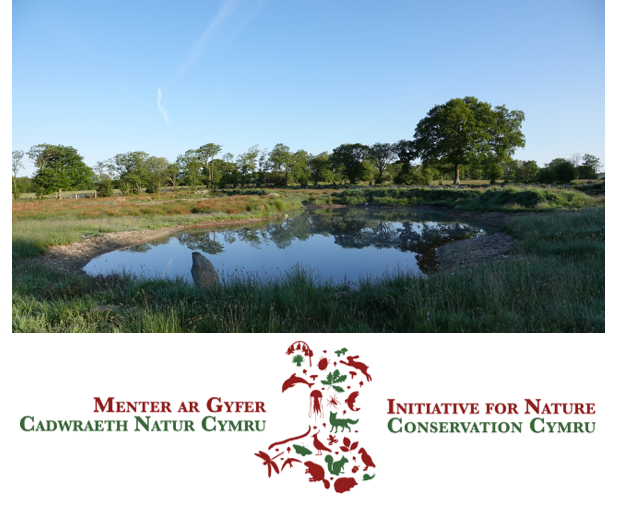The Initiative for Nature Conservation Cymru (INCC) is aiming to increase the fortunes of one of Wales’s rarest and most threatened mammal species – the Water Vole. Without conservation support, it is likely that the beautiful and once common Water Vole will become extinct in Wales in the near future.
Funding from the Pen y Cymoedd Community Fund over the next three years will enable INCC to undertake essential research on Water Vole populations living in the uplands of Glamorgan, now thought to be one of the most important regions for the species in Wales.
Officers and researchers from INCC will work with local communities, volunteers and partner organisation to identify all existing Water Vole colonies in the area. Once found and mapped the project will identify any barriers to Water Voles in upland areas that may be preventing them from dispersing and colonising new and suitable habitat.
“We are excited to support this proposal – the community have asked the fund to support climate and environment initiatives that work with community to develop and manage local natural environments and inspire the community to protect and value their environment. This proposal has been in development for a while and has a clear plan, wide ranging impact and lots of other partners involved and we wish them all the best”
Kate Breeze, Executive Director, Pen y Cymoedd Wind Farm Community Fund.
The main factor effecting Water Voles in the UK is their predation by American Mink. This non-native predator has wiped out Water Voles from much of their former range. American Mink prefer to inhabit the lowland rivers and coastal marshes and therefore only occasionally establish territories in our often-inhospitable Welsh uplands. This gives Water Voles living in upland areas a chance of survival. However, low energy food, flash floods and hard winters means that the populations here can often crash. As well as the occasional American Mink, upland Water Voles may also have to contend other threats such as forestry plantations, self-seeding conifers, land drainage and wind turbine developments.
The project will undertake innovate research that will further our understanding of Water Voles in upland landscapes. These findings can be applied to the whole of Wales, meaning that the last refuges for the Water Vole can be properly looked after for them and other wildlife on the brink.
“An exciting component of the project will be working with communities and volunteers to ensure that they are at the heart of conservation action for Water Voles locally. We are looking forward to working with local communities to highlight just how important their landscape is for some of our rarest wildlife”.
Rob Parry – Chief Executive Officer, Initiative for Nature Conservation Cymru

